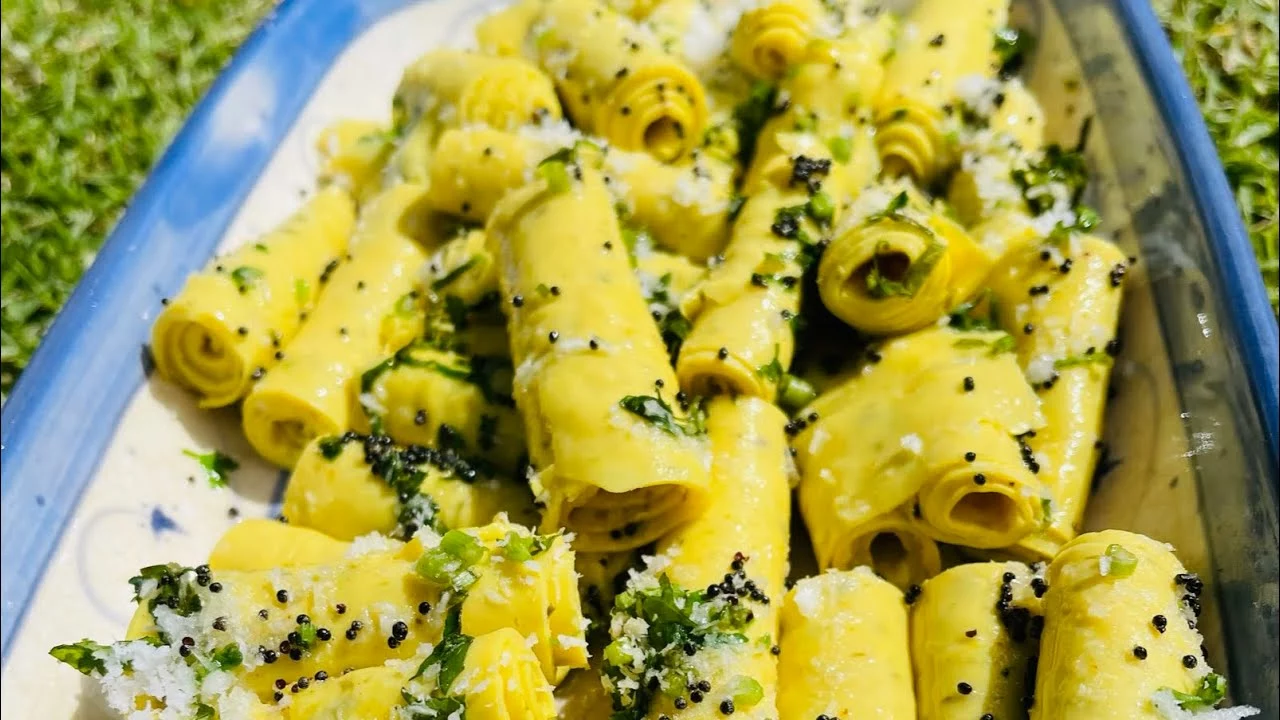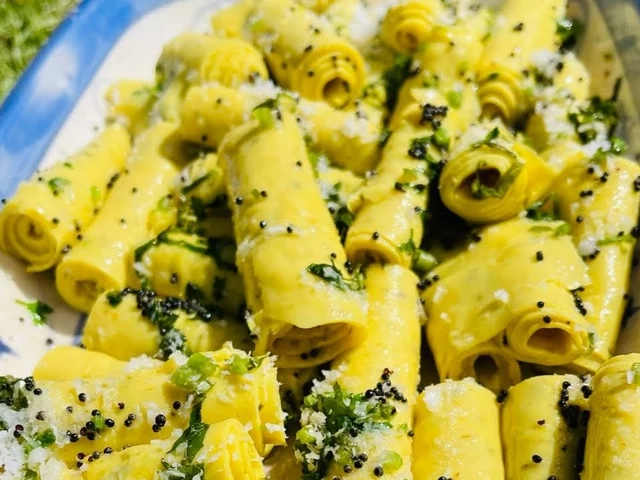The Debate of the Decade: Easy vs Hard Recipes
Being a foodie is not about just loving to savour sumptuous dishes. It's also about the joy of cooking, experimenting with different flavours, ingredients, and indeed, grappling with new and challenging recipes. Now, the question that is as old as the art of cooking itself pops up – which is better: easy or hard recipes? But what if I told you that the answer isn’t as simple as checking the label on your favourite jar of jam? Buckle up, folks, we're about to embark on a flavourful ride!
The Convenience of Easy Recipes
Ease and convenience are the showstoppers in a fast-paced world. In reality, most of us prefer digging straight into the buffet rather than sweating in the kitchen. Who would've thought there could be such beauty in simplicity? Easy recipes, my culinary comrades, are all about digging gold in simplicity. They're your best mate when you're running late for an appointment, juggling between tasks, or just plain lazy (hey, we all have those days!).
Easier recipes entail fewer ingredients, less time, and a low cost. They are user-friendly and perfect for beginners. Trust me, the moment when you see Zachariah and Seraphina, my two little ones, attempt to bake that plain vanilla cake, you will realise the importance of straightforward recipes. Especially when you avoid the irrational measurements like a pinch or dash. Easy recipes, in most cases, allow for more flexibility and improvisation. This creative elbow room is the playground for all amateur and casual chefs out there.
Going Gourmet: The Thrill of Complex Recipes
Moving on to the road less travelled, complex recipes paint quite a different picture. There isn't a grand feeling equivalent to successfully executing an intricate, multi-layered recipe that features hard-to-pronounce exotic ingredients and a cooking process as long as an epic novel! I distinctly remember the wide-eyed delight of my kids when I pulled off Chicken Cordon Bleu for the first time. They might never remember how to spell it, but the taste? Unforgettable!
The beauty of complex recipes lies in their unique demands and higher culinary barriers. These recipes stretch your boundaries, enhancing your culinary skills by introducing unfamiliar ingredients, unfamiliar cooking techniques, and intricate plate presentations. It's the Michelin-star path – challenging, exciting, and ultimately rewarding. I believe the deeper understanding of food profiles and flavour complexities achieved by deciphering complex recipes is akin to obtaining a master's degree in the culinary world.
Balancing Act: Meeting Halfway
Remember the equilibrium concept from high school Chemistry? Yes, we're taking you back there! Imagine, if you will, a culinary equilibrium. A perfect balance between easy and hard recipes. You follow the approachable recipes for day-to-day meals and save the gastronomical stunt work for special occasions. It's a matter of assessing the moment. Rather than pitting easy against hard recipes, we should appreciate their individual roles in making the culinary journey even more fascinating. For instance, my Tuesday night spaghetti wouldn't be the same without my secret marinara sauce, an old sophisticated recipe that I've mastered over time.
Mindful Cooking: The True Art
Mindful cooking – this is where it all converges. A real culinary artist doesn't have to pick sides; they appreciate both the easy peas and lemon squeezy recipes and the extravagant rack of lamb with a quince glaze kind. They understand that sometimes the most straightforward recipes can result in the most delicious meals, and other times the hard work put into an intricate recipe makes it worth every bite.
The primary focus should be on mindfully creating dishes, savouring the cooking process and the subsequent eating. We need to explore and relish every bit of it – be it a simple scrambled egg or a cumbersome Beef Wellington.
Understanding What Works for You
Should you jump straight into a five-course meal cooking project, or are you more of a meal-in-a-jar kind of person? Decoding your style, preferences, and circumstances plays a significant role in deciding your path. Your culinary journey will be most fulfilling when you understand what works for you while respecting your limits and knowing when it's okay to stretch.
Tips to Navigate the Recipe Spectrum
Now that we are in the middle of the cooking jungle, it's time to unload some tips that have come in handy for me in my own culinary adventures. Be it to enhance the palate or to decipher that enigmatic Vietnamese Pho recipe, there are few things that might ease your journey.
- Always start slow. Don't straightaway jump to a hard recipe.
- After a recipe is tried and true, experiment! Add your touch, your flavour!
- Read the recipe in its entirety before you start. It helps avoid unwanted surprises.
- Prioritize local produce. You'll get fresh ingredients, and you support local farmers.
- Patience is key. Don't rush the cooking process.
The Joy in the Journey
As a final note, don't get too caught up in the easy vs hard debate that you forget to have fun! I've found the real joy in the journey, in experimenting, bungling, sometimes acing, but most importantly, in the shared happiness of enjoying the completed dishes. Seeing the twinkling eyes and joyous smiles of Zachariah and Seraphina when they taste my food – be it a simple hot dog or an elaborate Paella – is what makes all the effort worthwhile.
No matter where you fall on the easy versus hard recipe spectrum, remember, there's room for everyone in the kitchen!

